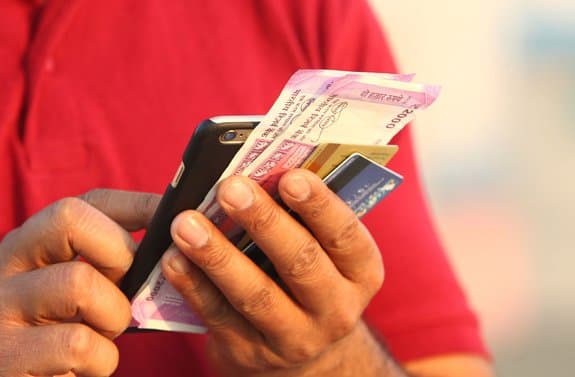
What can Australia learn from Sweden’s cashless journey?
With reports suggesting Australia is expected to become the first cashless nation within the Asia Pacific region by 2022, author of ‘Building a Cashless Society’ and Swedish native Associate Professor Niklas Arvidsson spoke to ABC Australia in June this year to warn of the significant social costs of going digital. Despite once being expected to be the first cashless society in the world, Sweden has put the brakes on its rapid advancement towards digitizing its currency. The country’s pro-cash legislation was passed after increasing concerns about the social impact that the nearly cashless society was having on cash dependent inhabitants.
Advance with caution, Australia
In November 2019, Sweden’s government passed legislation which now ensures all major banks offer cash services throughout Sweden. The success of the new law for campaigners came after Riksbank, Sweden’s central bank, argued that “large banks have an overwhelming responsibility to provide cash services [and that] it is simply unreasonable for banks to abdicate their responsibility of handling the legal tender.” Read more
Though card is king in Sweden, cash continues to have a place within society, especially for those who are cash dependent. As Arvidsson explains, vulnerable individuals "cannot easily gain access to electronic means for some goods and transactions and rely on banks and their customer service.” It’s estimated that in Australia, 500,000 people have bank accounts that are not linked to debit cards meaning similar legislation should be considered to ensure their livelihoods are protected.
Innovation is key
Sweden is not the only country waking up to the reality of the social cost of a cashless society. The UK, which has followed in Sweden’s footsteps with mass closures of banks in rural areas, has reported that new trials will be launching in cash-dependent communities. Read more
Natalie Ceeney, head of The Community Access to Cash Pilot explains: " "Over the past decade we've seen a massive shift from cash to digital payments, and Covid-19 has accelerated that trend further. But we know that digital payments don't yet work for everyone, and for many individuals and communities, cash remains essential."
The world is changing - we can't just magic back our old bank branch and ATM in-frastructure. Instead, we need to use innovation to develop new solutions as well as harness tried and tested approaches to meet people's needs.
8 million people in the UK are reported to rely on cash. Despite the figure, the ongoing closures of banks and the removal of ATMs have significantly impacted smaller communities within the nation. It was announced in June that the Community Access to Cash Pilot will be put in motion to test banking initiatives that aim to improve cash accessibility within small, isolated communities. The pilot will include the trial running of subsidised ATMs, local cash deposit centres for retailers and shared bank spaces, and much more. This pilot aims to alleviate the impact on communities and vulnerable individuals who live in areas of the UK where access to cash has been dramatically impeded by bank closures. This move has been backed by UK Finance, representative of banks in the nation, who have said they are “committed to ensuring that access to cash remains free and widely accessible to those who need it.”
Learning from Sweden’s experience, Australia’s private sectors and government need to ensure they protect their cash dependent people. Failure to do so will cause undue pressure on those who rely on the accessibility of cash and cash transactions in their everyday lives.





